
Inserm
(French national institute of health and medical research), which was founded in 1964, is a public scientific and technological institute that operates under the joint authority of the French Ministries of Health and Research. Its mission is to facilitate the exchange between basic, clinical, therapeutic and public health research leveraging on its scientific expertise in several fields and covering a very large spectrum of human diseases.
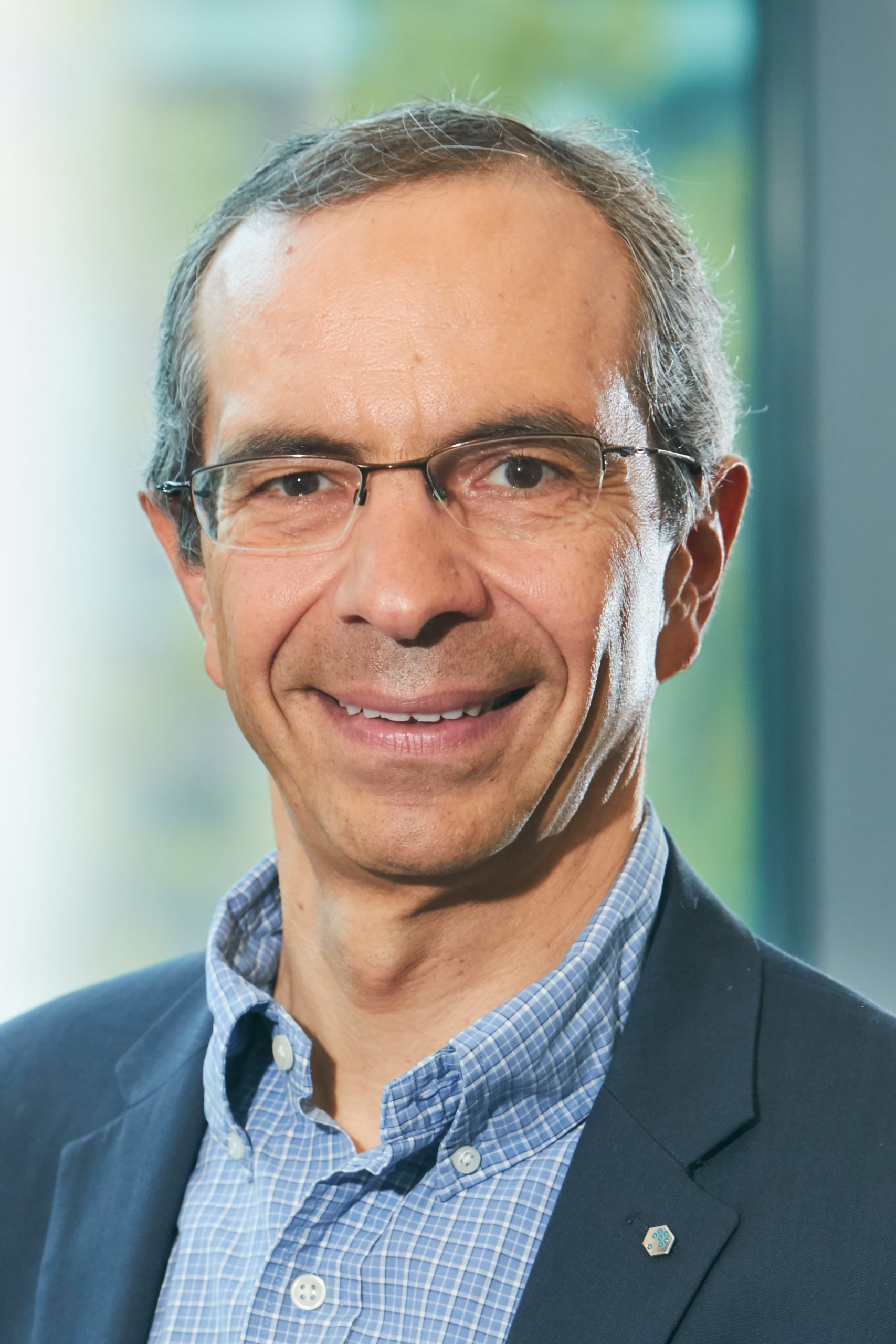
Fabien Zoulim
head of the Hepatology Department at Hospices Civils de Lyon and head of the Viral Hepatitis research laboratory at Inserm U1052. He has a strong track record in translational research for hepatitis B for the understanding of the viral mechanism of persistence and the identification of novel antiviral strategies. Recently, he has led several clinical trials for hepatitis B with a novel capsid assembly modulator and a therapeutic vaccine. He also has experience in the management of research consortia at the international level (for instance the ViRgil network of excellence funded by the EU FP6) and at the national level (for instance, coordination of the ANRS HBV cure program and of ANR (Agence Nationale de la Recherche, Programme d’Investissement d’Avenir) program on circulating viral HBV RNAs as novel biomarkers of functional cure). His expertise will be an asset for the Proof of Concept clinical trial (WP2) and the associated translational research in virology and immunology (WP4 and WP5) as well as for the coordination of the IP-cureB program (WP1). He is also co-founder and vice-chair of ICE-HBV, which will help in the dissemination of results and communicaton to the general public (WP8).
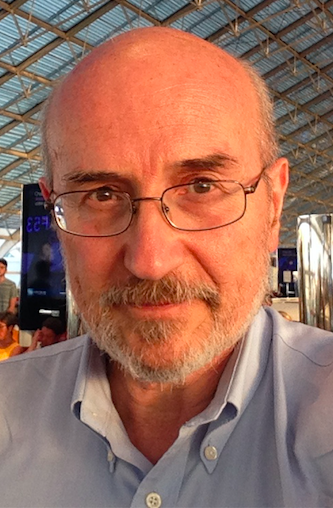
Massimo Levrero
Massimo Levrero is Professor in the Hepatology Department at Hospices Civils de Lyon and head of the Liver Epigenetics laboratory at Inserm U1052. He has an outstanding scientific production in the field of gene expression, molecular virology, and epigenetic regulation of HBV genome expression. His expertise will be instrumental for the analysis of the impact of hepatocyte signaling induced by TLR8 and RIG agonists and restoration of HBV specific T cell functions in WP4 and WP5.
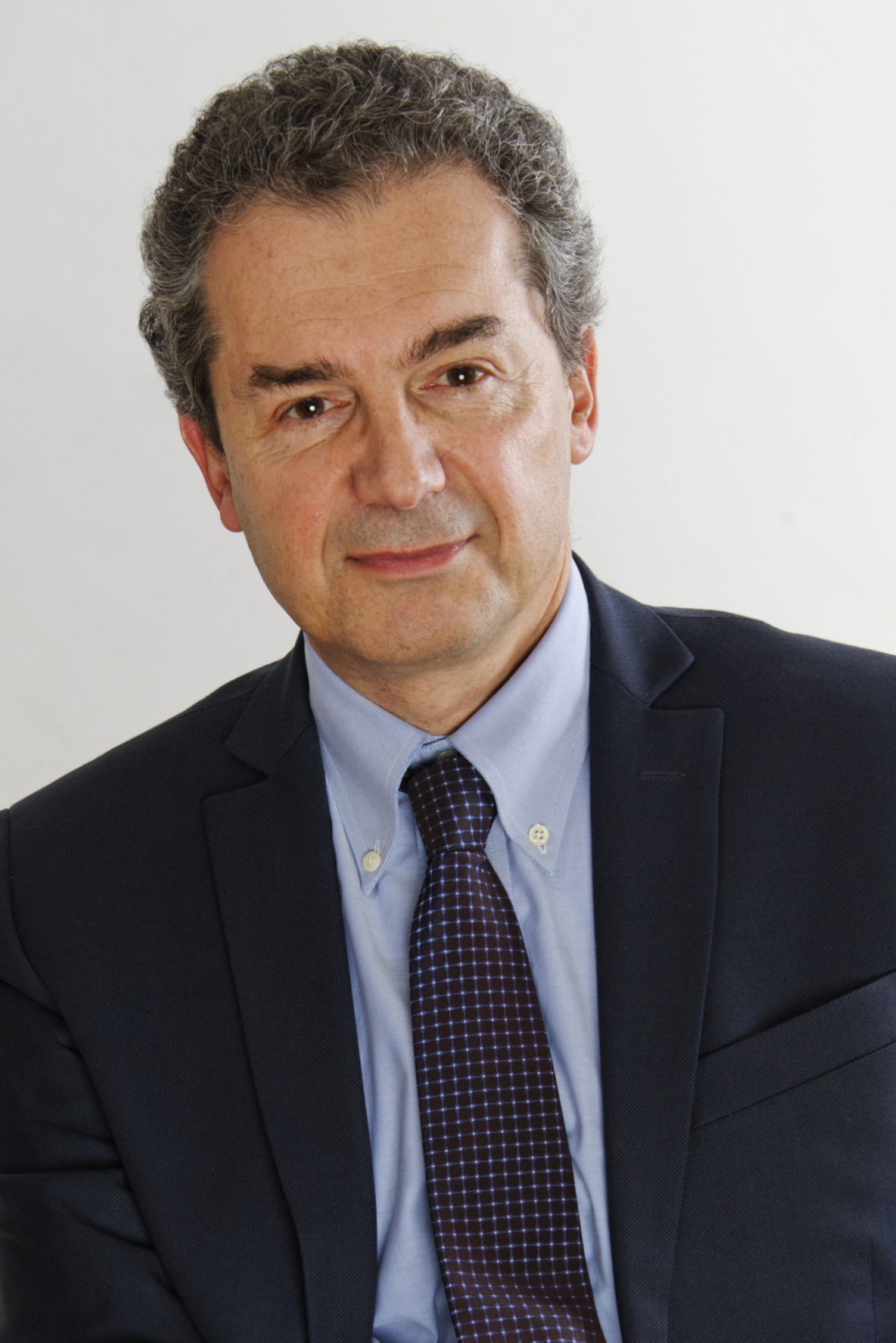
Yves Levy
Yves Levy is Professor in the Infectious Diseases Department at Henri Mondor Hospital, and head of the Vaccine Research Institute funded by ANR and ANRS. He has strong expertise and scientific production in the field of HIV and Ebola vaccine, with the use of novel Dendritic Cell targeting vaccine approaches. His involvement in the consortium will be instrumental for the design and evaluation of novel HBV therapeutic vaccine candidates in pre-clinical model in WP3.
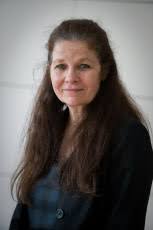
Evelyne Jouvin-Marche
Evelyne Jouvin-Marche is Principal Investigator at Inserm Unit 1022 where she has developed expertise in the study of intrahepatic innate immunity (especially NK cells) and its role in the pathogenesis of chronic viral hepatitis (HCV and HBV). This expertise will be important to understand how the TLR8 agonist modulate intrahepatic innate immunity and its consequence on viral replication (WP5).
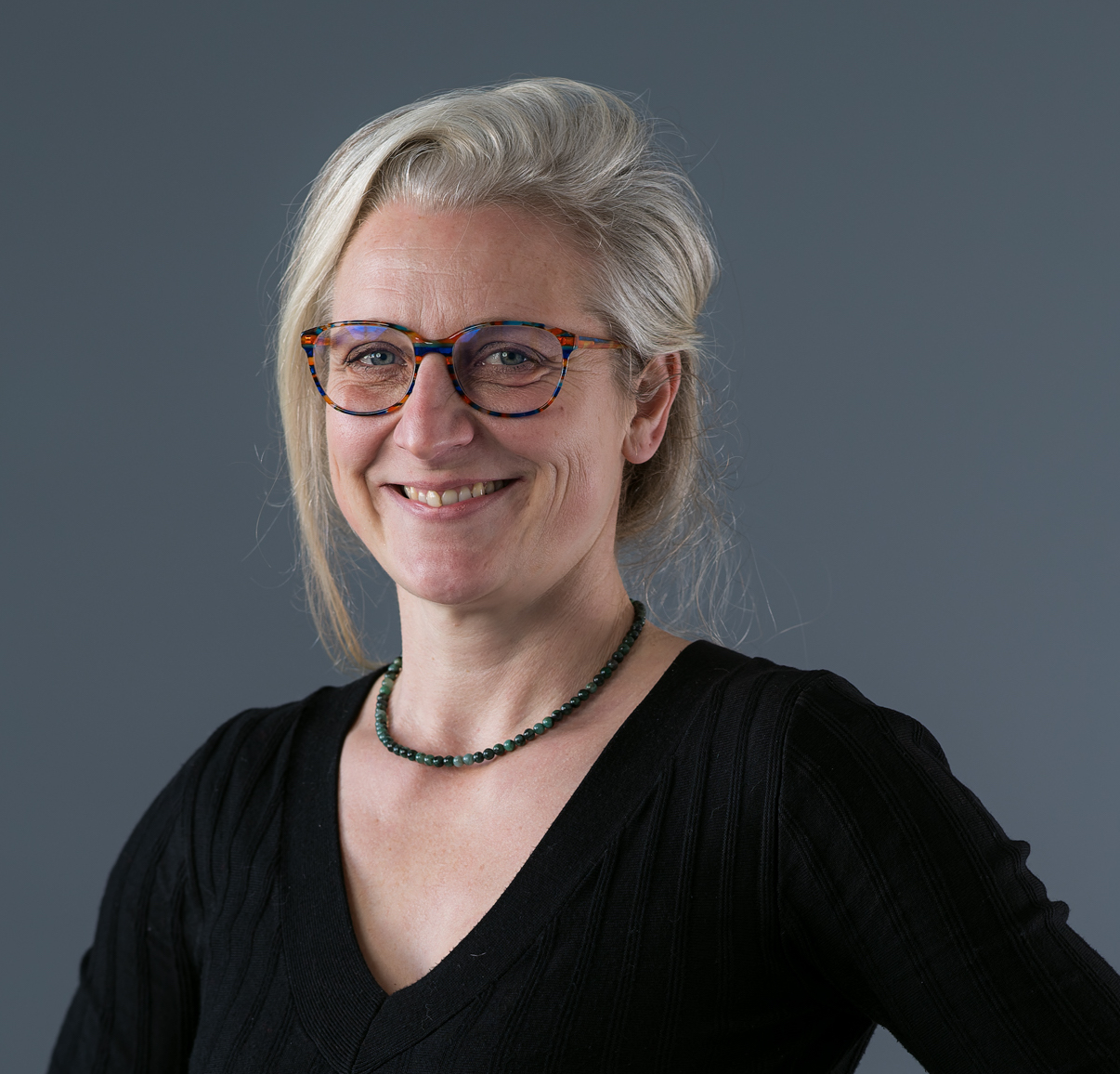
Linda Wittkop
Linda Wittkop is a clinical epidemiologist and associate professor in public health/biostatistics at Inserm CIC U1401 and EUCLID-FCRIN clinical trial unit where she is interested in clinical study and trial design, and in the analysis of clinical study results in the field of infectious diseases. She has very good scientific output in clinical studies for HIV and HIV/HCV co-oinfections. Her expertise and her team will be a major contributor in the clinical trial design, management, monitoring and analysis of results of the PoC clinical trial in WP2.
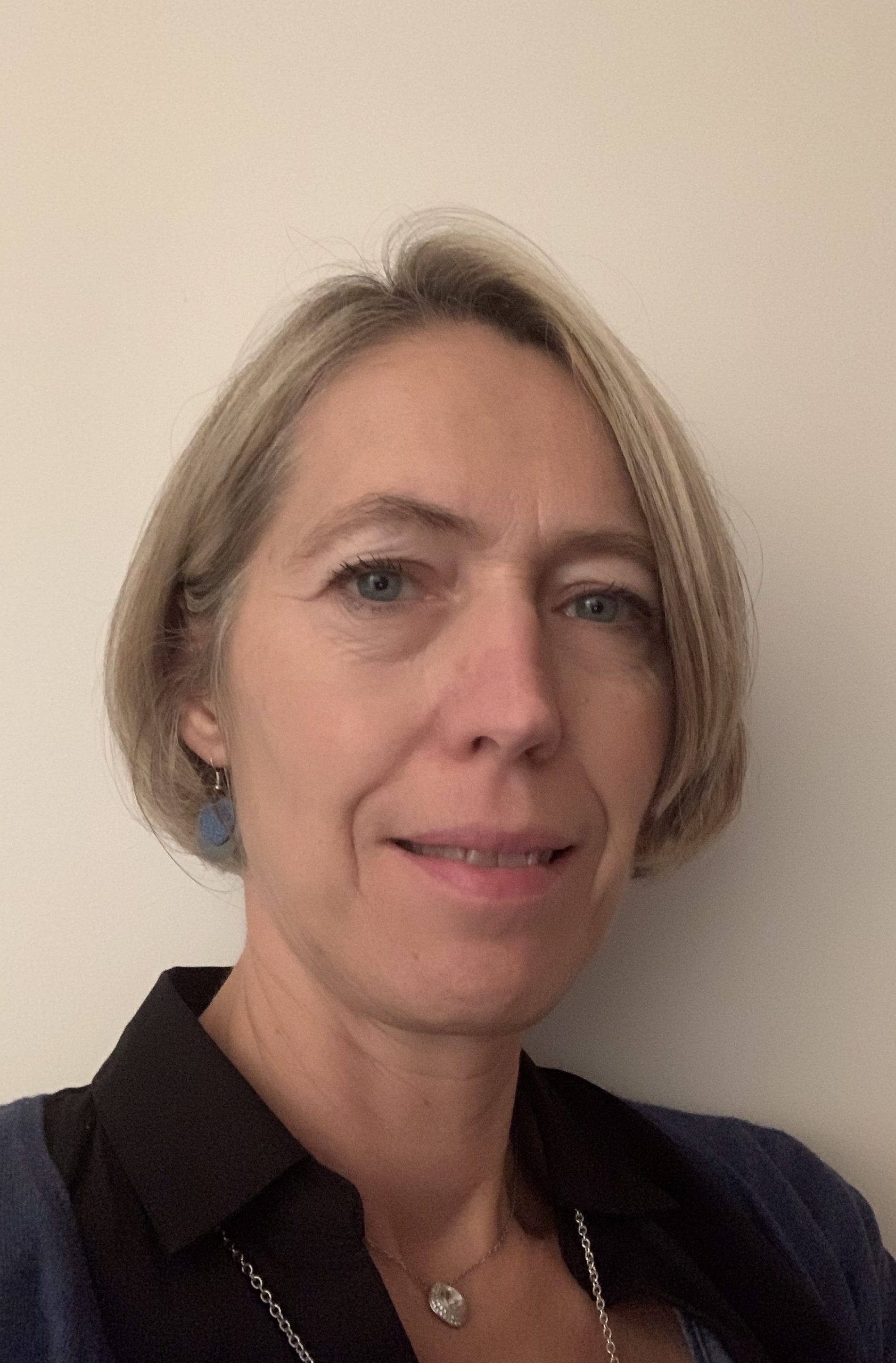
Sylvie Deuffic-Burban
Sylvie Deuffic-Burban is senior researcher at Inserm (National Institute of Health and Medical Research) Unit 1137 where she is conducting her research on the modeling of infectious and liver diseases with a focus on morbi-mortality and cost-effectiveness. She has made significant contributions in this field regarding HCV infections and she is now expanding her work to HBV and other liver diseases. Her expertise will contribute to the cost-effectiveness modeling of the novel HBV cure strategies in WP7.

The Centre Hospitalier Universitaire Vaudois (CHUV)
University of Lausanne (Switzerland), is a public non-profit Swiss institution dedicated to the improvement of human health through patient care, research and training. It is one of the leading hospitals in Switzerland. The CHUV’s medical services receives over 45 000 patients a year and employs more than 10 000 persons. The main research priorities are in the fields of cancer, immunology and infectious diseases.The Division of Immunology and Allergy is an established group of investigators which made major contribution to the delineation of the immunopathogenesis of HIV infection. The research activities have been focused on human T cell cloning, human T cell phenotypic and functional analysis, T cell activation, differentiation and memory, immunopathogenesis of HIV infection, HIV distribution in different anatomic compartments, antiretroviral therapy, immune reconstitution after antiretroviral therapy, immune-based therapeutic strategies and vaccines.
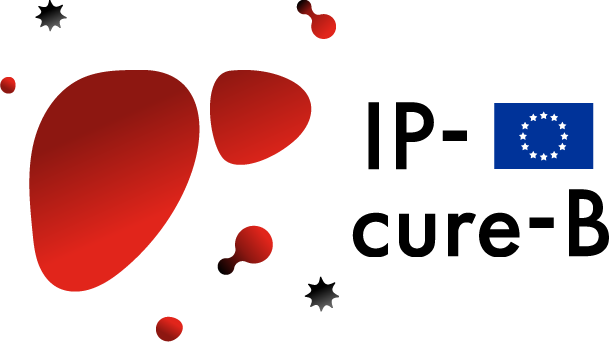
Giuseppe Pantaleo
Chief of the Division of Immunology and Allergy, and of the Laboratory of AIDS Immunopathogenesis at the Centre Hospitalier Universitaire Vaudois (CHUV), University of Lausanne. His research is focusing on the delineation of the immunopathogenesis of HIV infection, immune reconstitution after antiretroviral therapy, and immune-based therapeutic strategies and vaccines. His outstanding expertise in immunology will be a major asset for the design of novel therapeutic vaccine candidates for HBV (WP3), for the evaluation of novel immune signatures for functional cure of HBV (WP5) and for biological data integration (WP6).
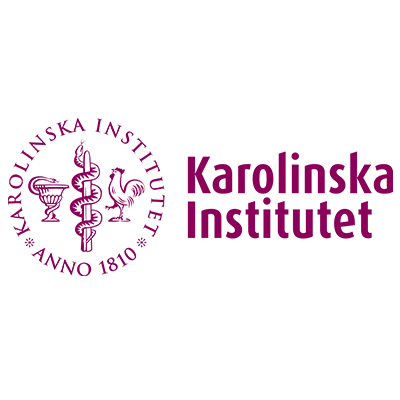
Karolinska Institute
Karolinska Institute (KI, Sweden is one of the world´s leading medical universities. KI accounts for over 40 percent of the medical academic research conducted in Sweden and offers the country’s broadest range of education in medicine and health sciences. Since 1901 the Nobel Assembly at Karolinska Institutet has selected the Nobel laureates in Physiology or Medicine.</p>
<p>The Department of Microbiology, Tumor and Cell Biology (MTC) is a leading institution, both at the national and international level, in science and education. The Department is dedicated to the fight against infections and cancer worldwide. The mix of infection biology, immunology and cancer research provides a unique platform where fruitful interactions are developed.
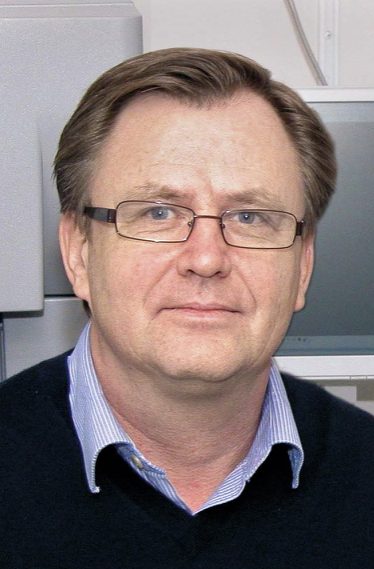
Peter Liljeström
Peter Liljeström is Professor at the Department of Microbiology, Tumor and Cell Biology at the Karolinska Institutet in Stockholm where he develops his research on the development of new vaccines. Prof. Peter Liljeström has pioneered the field of alphavirus vectors. His laboratory is developing new vaccines against infectious diseases and study the immune mechanisms underlying protective immune responses. His outstanding expertise will greatly contribute to WP3 for the design, evaluation and selection of the best HBV therapeutic vaccine in the humanized mouse model to be pushed to clinical trial evaluation.

Institut Pasteur (Paris, France)
Leading research institution with 130 research laboratories and over 2 600 researchers with four core missions: research, education, public health as well as innovation through the valorization of scientific research via technology transfer and industrial partnerships.<br />
The Department of Immunology includes 14 research units and 166 Scientists, with a shared interest in exploring the fundamental processes of immunity to provide new insights into disease pathogenesis, novel vaccines and design unique therapeutic strategies. Research conducted in the Department is organized into three main themes: development of the immune system, innate and adaptive immune responses, immune pathology and immunotherapy.
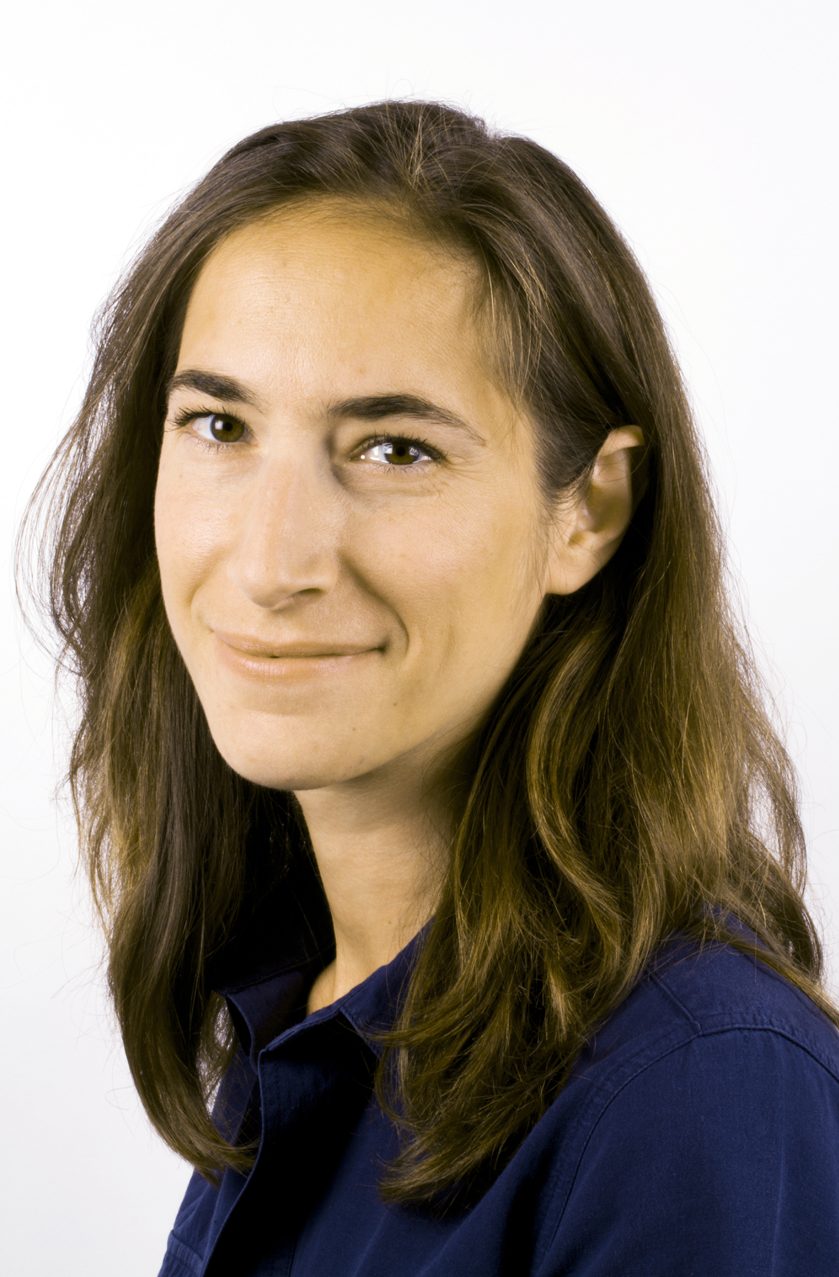
Hélène Strick-Marchand
Hélène Strick-Marchand is Principal Investigator at Pasteur Institute where she did pioneering work to establish a double humanized mouse model for the liver and the immune system. This seminal work opens new avenue of research to understand the mechanism of HBV persistence and evaluate novel therapeutic concepts based on immune restoration. This animal model will be a major asset for the pre-clinical evaluation of novel therapeutic vaccine candidates and for the investigation of the immunologic and antiviral activities of the combination of immune modulators proposed in WP3.
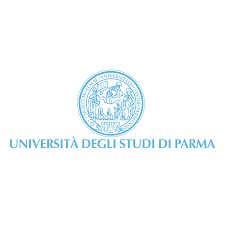
Università degli Studi di Parma (Italy)
Università degli Studi di Parma (Italy) is one of the oldest universities in the world. Its size: 32 000 students, more than 5 000 graduates per year with about 980 teaching staff units as well as 950 administration staff units. The Unit of Infectious Diseases and Hepatology in Parma is organized with two separate wards (31 beds), a day hospital (nine beds), an outpatient clinic for hepatitis virus infections and laboratory facilities. The Unit is fully equipped for hepatic needle biopsies, diagnostic and interventional ultrasound, for immunological and molecular biology studies.
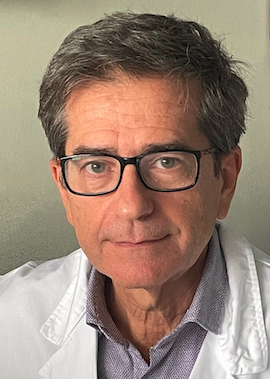
Gabriele Missale
Gabriele Missale is Professor in Infectious Diseases at the University of Parma, Italy. He is Director of the Unit of Infectious Diseases and Hepatology. He has been working many years performing studies in human immunology with interest in the adaptive and innate immune response to hepatitis B virus (HBV) and HCV and in the last ten years he has also worked in tumor immunology with specific interest in hepatocellular carcinoma. His expertise will be very important for the analysis of HBV-specific T and B-cell response and their restoration under treatment in WP5.
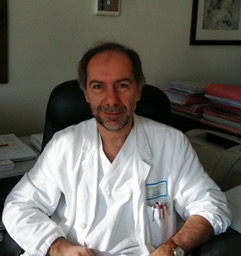
Carlo Ferrari
Carlo Ferrari is head of the Internal Medicine Department in Parma and head of the Immunology research laboratory at Parma University. He is a key opinion leader in HBV immunopathogenesis. He has an outstanding track record of publications in the field of HBV immunology and the elucidation of the molecular and cellular mechanisms of HBV specific T cell exhaustion. His team will be involved in the PoC clinical trial (WP2) and will have a major role in the immunologic monitoring of patients and the investigation of the restoration of antiviral T cell functions (WP5).
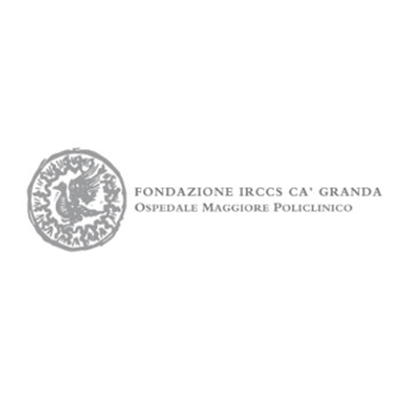
Fondazione Ca’ Granda Ospedale Maggiore Policlinico of Milan (Italy)
One of the most ancient hospitals in Italy, being founded in 1456. In 1981 it was recognized as “Scientific Institute for Research and Health Care” (IRCCS), with the mission to foster health care through translational research. The Gastroenterology and Hepatology Division is an academic institution, one of the largest and most prominent liver unit at national and international level, involved in the management of patients with liver disease in the last 30 years. This Division not only includes internationally recognized clinical experts in different fields of acute and chronic liver disease, such as viral hepatitis, hepatocellular carcinoma, decompensated liver disease, portal hypertension and liver transplantation but also provides a multidisciplinary team approach to these patients.

Pietro Lampertico
Pietro Lampertico is head of the Hepatogastroenterology Department in Milan at IRCCS where he has developed a strong clinical research program on chronic hepatitis B. He has a longstanding experience in clinical trials for chronic hepatitis B and C, as well as in cohort studies of patients with chronic HBV infections. His clinical expertise and management of large cohorts of patients will be instrumental for the performance of the PoC clinical trial (WP2) and for the translational research on novel biomarkers of cure (WP4 and WP5).

Das Universitätsklinikum Freiburg (Germany)
One of the largest University Hospitals in Germany and an active site of research. The former includes the specialties Gastroenterology, Hepatology, Endocrinology and Infectious Diseases. An outpatient liver center is integrated into the clinic that treats about 7,000 patients with viral hepatitis and 1,000 patients with hepatocellular carcinoma each year. In the associated Research Department, a strong scientific focus is put on the immunobiology of viral hepatitis and hepatocellular carcinoma as evidenced by a large degree of external research funding (more than five million a year). More than 50 scientists work in the laboratory, specifically on translational immunological aspects of viral hepatitis and HCC.

Robert Thimme
Robert Thimme is professor in hepatology and head of the Department of Internal Medicine II (Gastroenterology, Hepatology, Endocrinology and Infectious Diseases) at the Medical Center of the University of Freiburg (Germany). His research focuses on the immune response in HBV and HCV infection as well as the mechanisms underlying hepatocellular carcinoma. Robert Thimme brings a profound expertise in clinical and translational research in the field of adaptive immune responses targeting HBV, HCV and HCC and will contribute to the immunologic monitoring of patients and the investigation of the restoration of antiviral T cell functions (WP5).
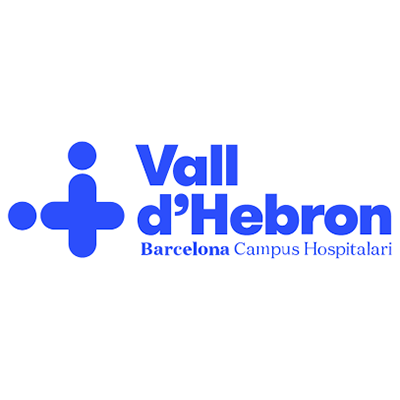
The Vall d’Hebron Research Institute (VHIR)
The Vall d’Hebron Research Institute (VHIR), located in Barcelona (Spain), is a public research institution created in 1994 to promote and develop biomedical research, innovation and teaching at Vall d’Hebron University Hospital (HUVH). More than 1,300 people work at VHIR, over 1,200 performing research and around 100 providing support to research and its transfer to society. In 2015, a total of 644 ongoing clinical trials were performed at Vall d’Hebron campus, demonstrating the leadership of VHIR in clinical research. The Liver Diseases group of VHIR began its research work in 1969, focused on the clinical and basic aspects of liver diseases.
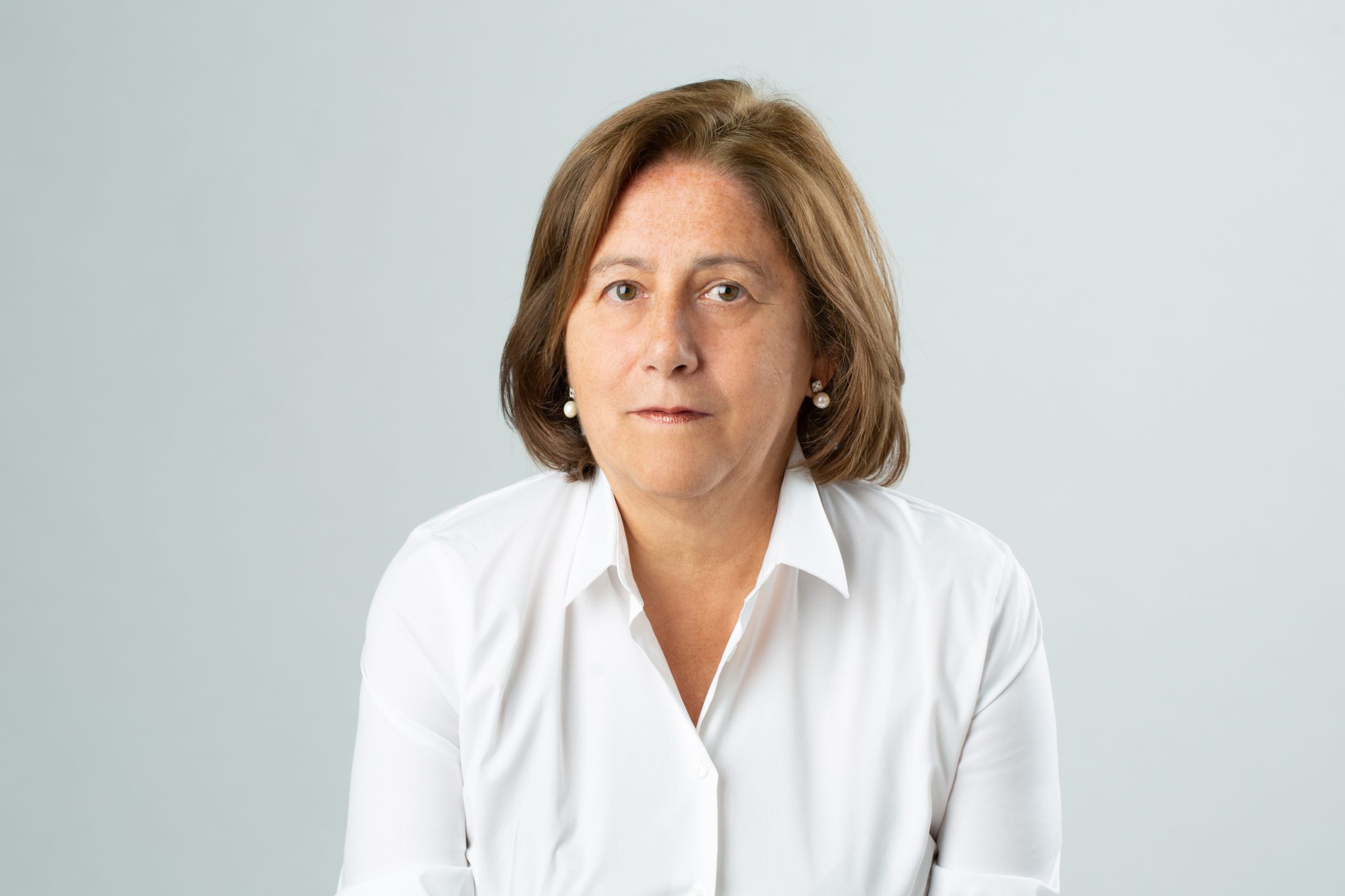
Maria Buti
Maria Buti is Professor of Medicine and Chief of Internal Medicine and Hepatology at the Vall d’Hebron University Hospital in Barcelona. She has a longstanding experience in the management of chronic hepatitis B and has been involved in major clinical trials of novel antiviral therapies for hepatitis B and C, as well as in cohort studies. She has also a strong background in clinical virology. Her expertise will contribute significantly to the PoC clinical trial (WP2), the clinical virology monitoring of treatment activity (WP4) and the cost-effectiveness studies in WP7 as she has been interested in public health issues related to viral hepatitis.
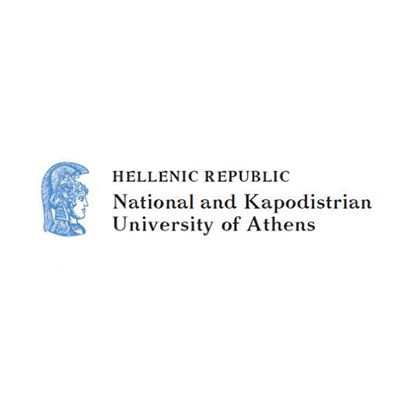
The Ethniko Kai Kapodistriako Panepistimio Athinon
The Ethniko Kai Kapodistriako Panepistimio Athinon (National and Kapodistrian University of Athens, NKUA, Greece) is a Legal Entity of Public Law. The Academic Department of Gastroenterology has developed a lot of clinical and research activities in liver diseases including viral hepatitis.
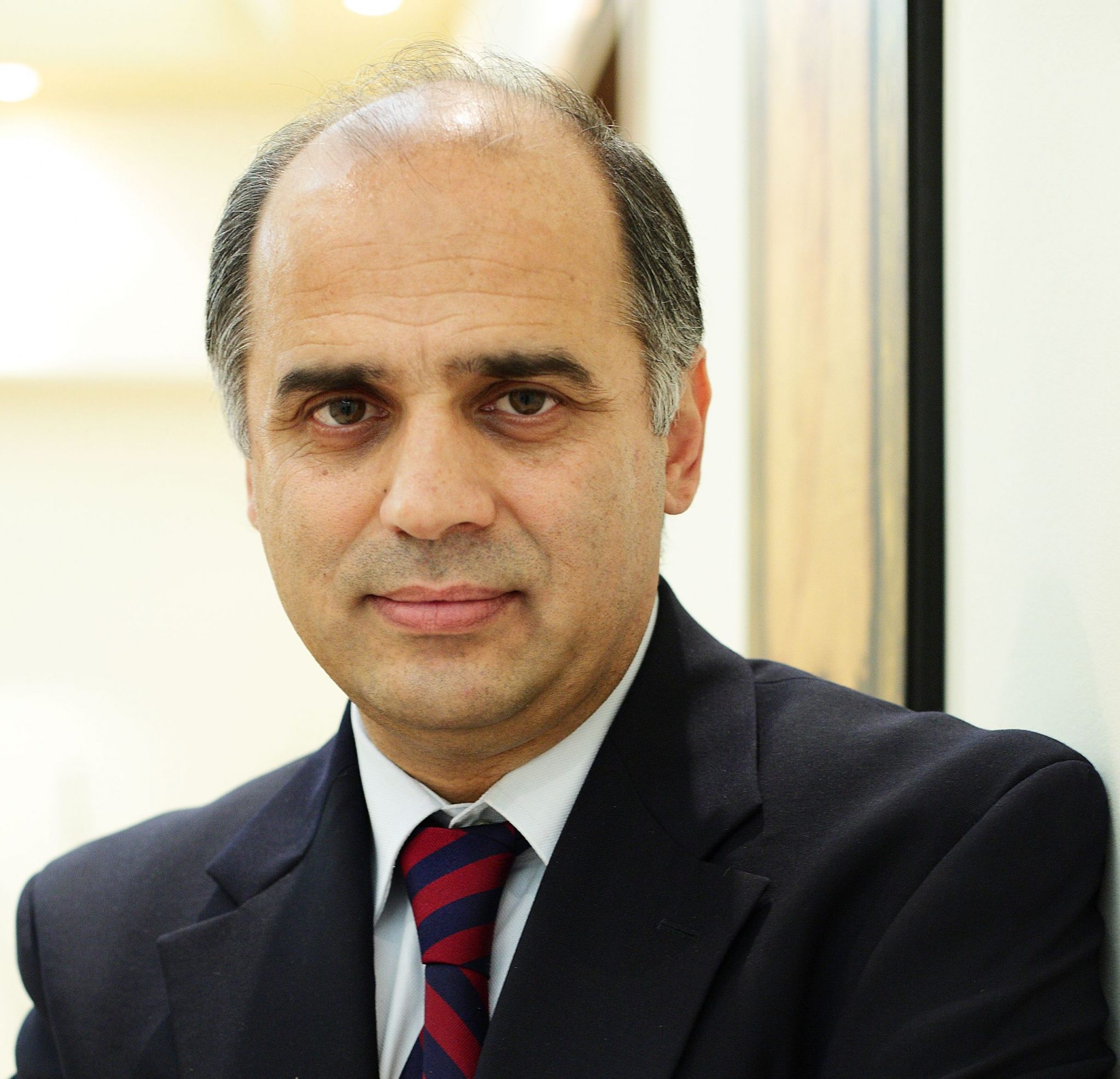
George Papatheodoridis
George Papatheodoridis is head of the Department of Gastroenterology at Laiko General Hospital of Athens. He has developed a strong clinical research program on chronic hepatitis B. He has been leading major clinical cohort studies and has been involved in major clinical trials for novel treatment strategies of chronic hepatitis B, C and Delta. His implication will be an asset for the PoC clinical trial (WP2) with the recruitment of patients from Southern Europe and for the virologic monitoring of antiviral responses. Furthermore, he has also been interested in public health issues and cost-effectiveness studies for chronic viral hepatitis which will be important for WP7 to support the biostatistical analysis.
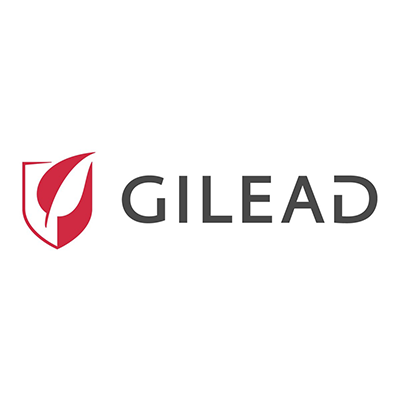
Gilead Sciences
Gilead Sciences is a pharmaceutical company based in Foster City (California, USA) and specializes in the discovery, development and delivery of transformative therapeutics for people with life-threatening diseases. Gilead Sciences dedicates a whole research program to the development of innovative medicine to treat HBV (HBV cure Research Program) that resulted in the identification of immunomodulators with promising therapeutic effects, two being currently evaluated in clinical trials.
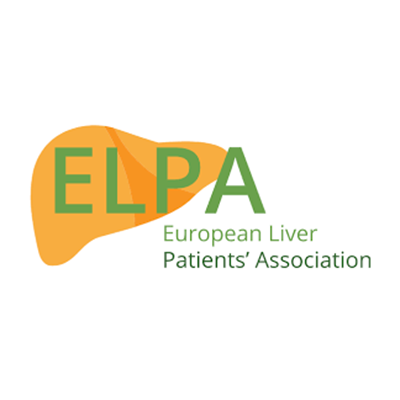
ELPA
ELPA’s (Belgium) aim is to promote the interests of people with liver disease and in particular:<br />
to highlight the size of the problem;<br />
to promote awareness and prevention;<br />
to address the low profile of liver disease as compared to other areas of medicine;<br />
to share experience of successful initiatives;<br />
to work with professional bodies such as the European Association for the Study of the Liver (EASL) and with the EU to ensure that treatment and care are harmonized across Europe to the highest standards.

Marko Korenjak
President of ELPA and is involved in the dissemination of results and knowledge in Horizon 2020 projects such as LIVERHOPE, GALAXY, LIVERSCREEN, A-TANGO, MICROB-PREDICT and several others. The involvement of patient associations is a major asset for the project to ensure that overall aims of the project meet the expectations of HBV patients and to raise awareness of the disease and research progress in the population.

Inserm Transfert (France)
Private subsidiary of the French National Institute of the Health and Medical Research (Inserm), dedicated to technology transfer (i.e. from invention disclosure to industrial partnership). Its Collaborative Research Funding department of IT (formerly named European Affairs Department) supports the set-up and management of large-scale projects in biomedical research notably including infectious diseases, epidemiology and public health.
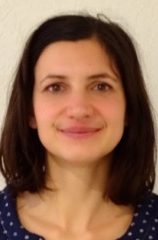
Mathilde Monges
European Project Manager in the Collaborative Research Funding Department at Inserm Transfert. She has many years of experience in the management and coordination of EU funded projects. Her expertise will be important for the Project Management Team, working together with the IP-cure-B coordinator.
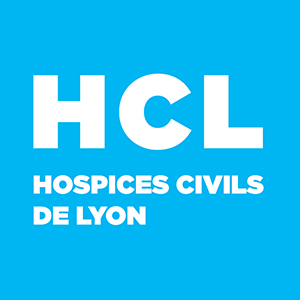
The Hospices Civils de Lyon (HCL)
The Hospices Civils de Lyon (HCL) make up the second-largest University Hospital Network in France. For over 200 years, as a network providing expertise in all disciplines – both medical and surgical – The HCL have offered a wide range of human, technical and logistical resources to ensure that they provide care, training, research, medical innovation as well as disease prevention and health education. Today, the HCL comprise 14 multidisciplinary or specialized establishments providing a diverse range of services. With an annual budget allocation of 1.6 billion Euros, more than 5,300 beds and spaces and over 23,000 professionals, of which 5,000 are internationally recognized doctors with access to the latest equipment, the network devotes itself daily to its mission: contributing towards the constant improvement of the health of the French and Europeans. In its capacity as a public hospital and university hospital center, the HCL has several fundamental roles and its staff embodies the values of public hospital service. Numerous clinical trials are conducted at HCL, giving many patients an opportunity to benefit from innovative treatment not yet commercially available.